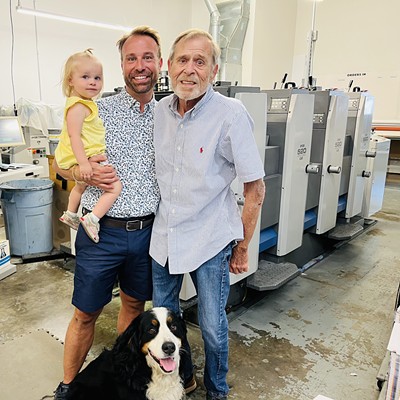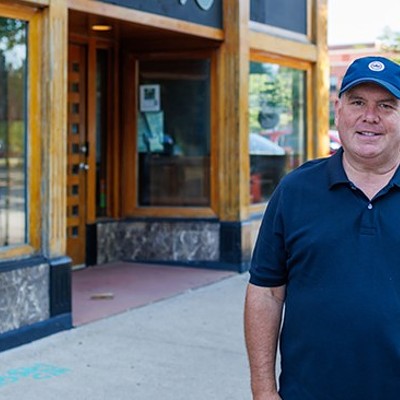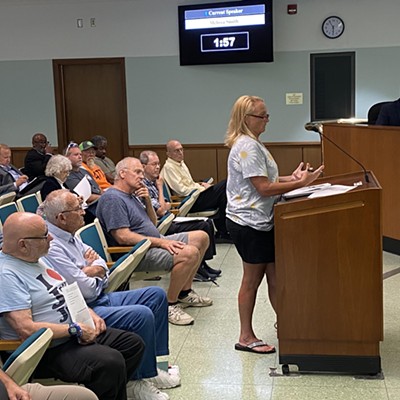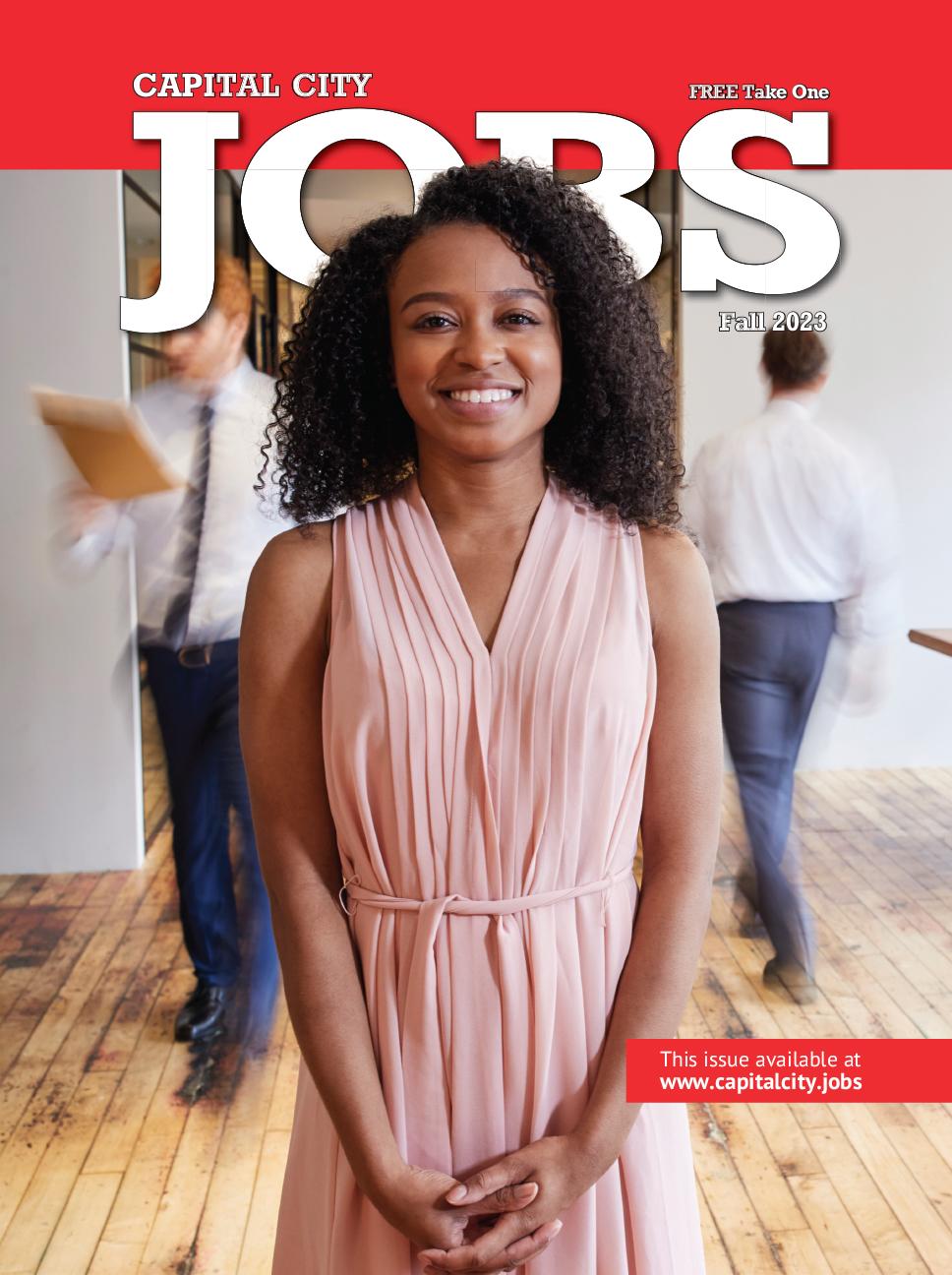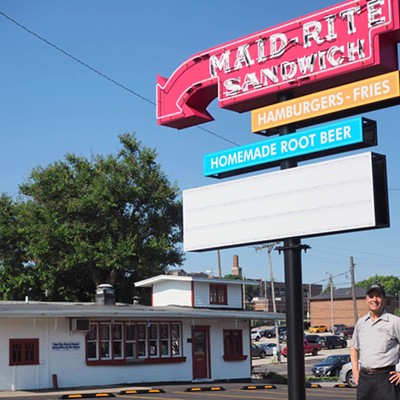Springfield is home to 125 trade and professional associations, and you may belong to one or more of them. Association management companies offer the full array of resources and expertise needed to run the daily operations of an association, even those without any paid staff. As in many industries, technology, artificial intelligence and the human side of organizations are driving this year's association trends.
Kim Robinson is president of FrontlineCo, an association management company established in 2001 with offices in Springfield, Chicago and Naperville. She explained there are stand-alone associations that manage their staffing needs, and there are volunteer associations that have no paid staff and work with AMCs to handle staffing and digital marketing, for example. She said, "We provide staffing for 24 associations, and the major benefit is that those costs are shared among all 24 associations. We're like a staffing agency and much more prevalent than people know."
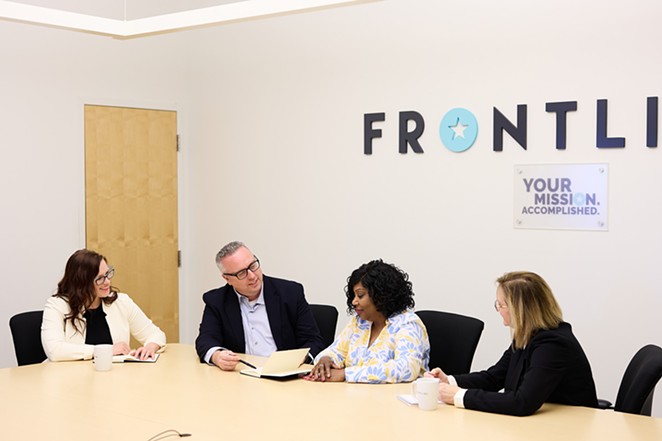
Many association management professionals are using cutting-edge technology to benefit their clients. Sandra Wulf, CEO and co-owner of Pivot Management, 526 E. Allen St., said that post-pandemic association management has seen a digital transformation.
"ChatGPT has been an exciting learning experience to see how it can be used in digital marketing with brainstorming and the creation of images and video," she said, noting that ChatGPT is an add-on to the marketing team. This additional resource is inexpensive, which is key for small associations.
Robinson agreed that AI is being leveraged to make the most effective use of digital marketing dollars, and she said it's crucial to assure clients that great care is being taken to avoid the limitations of AI.
Technology has become a part of everyday life, but in the last six to 10 years, the online experience people are accustomed to – shopping online and getting quick delivery – has set their expectations very high, said Robinson. "They know if I order something today, I can get it tomorrow. Our No. 1 goal is to serve our members and meet those high expectations." However, people still want to call a person and discuss a question. "We are very diligent about picking up the phone and providing that personal service," she said.
The pandemic changed the way people attend meetings and conferences. The hybrid model of in-person and virtual attendance are options that are here to stay. Wulf said that associations are relying on hybrid and on-demand meetings because some people no longer want to leave the house or office.
Wulf said, "In the economy of time, hybrid events serve a purpose. If you can get the information needed through an on-demand option at your convenience, that frees up valuable travel time and helps people balance their professional and personal lives."
Robinson agreed, but has noticed there are some people who are reluctant to acknowledge that the hybrid model has its advantages.
Now that people can attend conferences in person, Robinson recognized that those who meet in person really value it. "We missed the peer-to-peer connection," she said. "Although people have great demands on their time, they still want to meet with peers." Robinson said that FrontlineCo's numbers for in-person meetings have bounced back since the pandemic.
Wulf added that one of the valuable aspects of meeting in person is the opportunity to network and make connections that serve us throughout our careers. She expressed concern for the young professionals who work from home who might be missing out on forming those important networks.
Diversity, equity and inclusion are still at the forefront, and Wulf said it's something many associations have been in tune with for some time. She added that DEI is an ongoing process of increasing our efforts to make an impact on the lives of association members. "We imbed inclusion in all of our communication and presentations; it needs to be included in everything under the umbrella of association management," she said.
The human experience of the pandemic brought awareness to mental health and how that plays into our overall well-being. Wulf said the focus on mental health continues to develop even more since the pandemic, and now it is not uncommon to have a wellness event at in-person meetings.
Wulf added that as society has become more socially aware it is now common that events include an aspect of social responsibility, such as collecting non-perishable food or donating professional clothing. She has also seen events where attendees are given the opportunity to assemble care packages to be donated. Some associations select an organization or charity to adopt for the coming year and uses it as an opportunity for community building among association members.
Looking toward the future and the young professionals in the workforce, Robinson emphasized how important it is to have all generations represented in association membership. "Members are the lifeblood of the organization, and expectations among the generations are very different," she said. "It's challenging to meet those expectations and the pace is quick, so we ask ourselves: How can we go faster and provide better service?"

